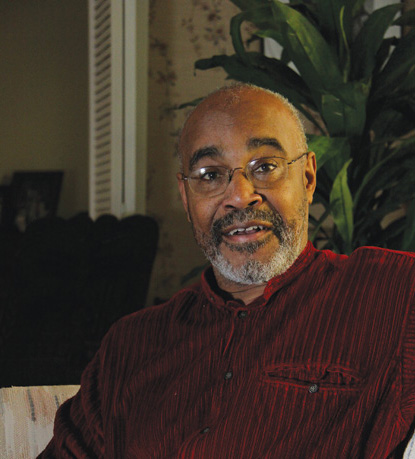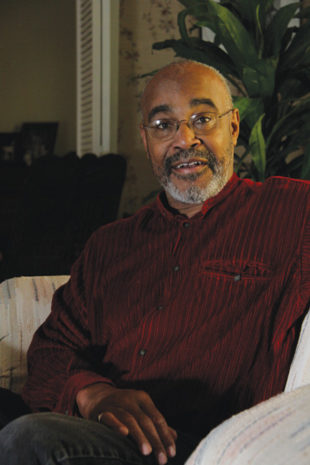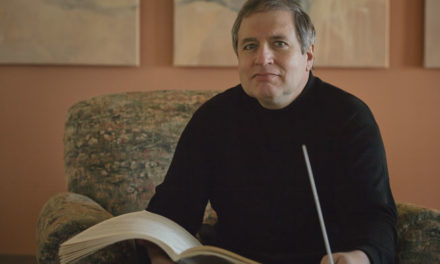BY JANET MANDELSTAM
Like many who come to Bloomington, John McCluskey, Jr. “figured we’d be here a couple of years.” And like many, “We looked up and, lo and behold, it’s been thirty years.”
By the time the distinguished educator and author retired at the end of 2008 as professor of African-American Studies and African Diaspora at IU, he had led the successful efforts to establish first a master’s and then a Ph.D. program in the department; recruited and supported minority students as a graduate school administrator; co-edited Black Men Speaking, a 1997 collection of voices, stories, and poems, as well as several anthologies; cofounded the IU Press series Blacks in the Diaspora; and taught classes in creative writing as well as African-American studies. And he had published two novels and more than a dozen short stories.
That’s quite a resume for a young man who left Ohio for Harvard in 1962 intending to study aeronautical engineering or pre-med. It was at Harvard—where he was the first African-American quarterback in the Ivy League—that he tried his hand at fiction writing and changed course. But it wasn’t such a surprising turnaround.
“My parents and teachers championed literacy and reading,” McCluskey recalls. “As a child, I was reading everything I could get my hands on.” In high school, that included the works of African-American writer James Baldwin. “If you were really cool, you read and argued about Baldwin.”
McCluskey earned degrees from Harvard and Stanford and was teaching in Cleveland when he was recruited to Bloomington in 1977. “Indiana was not on the radar screen,” he recalls, “but I came for a visit and was impressed by the resources for research here, and said, ‘We’ll take a chance.’”
In his three decades in Bloomington, McCluskey has raised the profile of African-American literature and the literature of the African diaspora. As a teacher, “I taught the books I loved. I wanted to share them and show through novels and short stories how the world worked.” As a writer, “I seek to show the African-American experience and how people can move on in spite of their socio-economic background.”
McCluskey will have a busy retirement. His historical novel about Frederick Douglass is awaiting a publisher; he’s working on a short-story collection—“narratives about family and family stability”—and he’s co-editing a book on the Chicago Black Arts Renaissance.
He was no longer on the faculty when the first cadre of seven students entered the doctoral program in African-American and African Diaspora Studies this fall. “It’s an odd feeling not to be teaching,” he says, but the program “will be my legacy.”













We appreciate your magnificent contribution to society and African American literature. One of my all time favorites is “Look What They Done To My Song”. I can read it over and over again and still be moved. Beautiful works. Thank you for the inspiration.